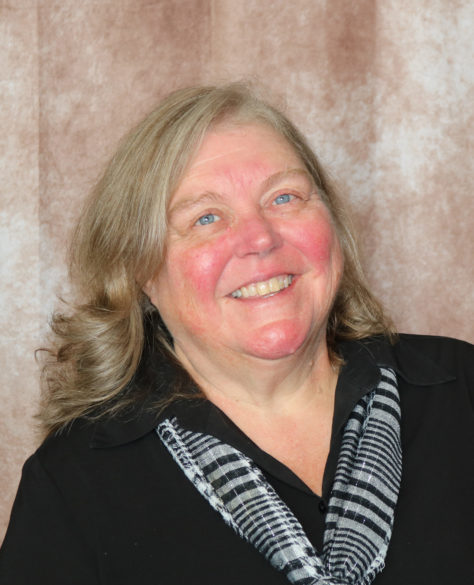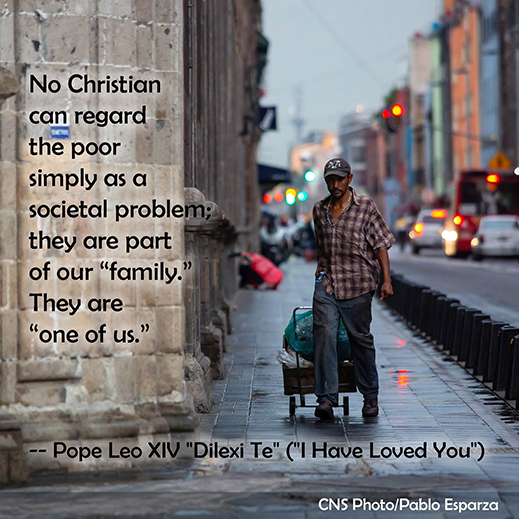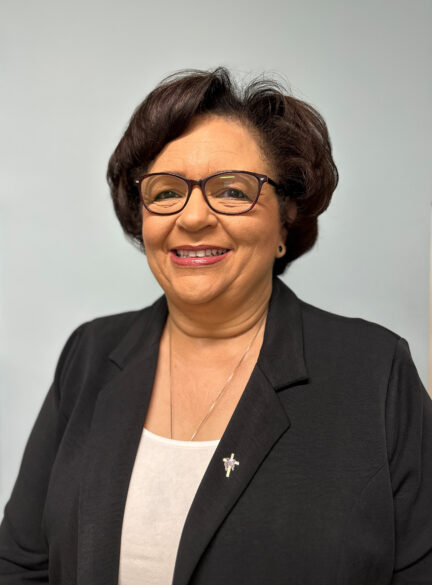KNEADING FAITH
By Dr. Fran Lavelle, D. Min
On my recent trip to Italy, I witnessed a daily ritual every morning just outside our hotel. A small van would park across the narrow street on what was basically a wide sidewalk. Two men routinely hopped out of the van and proceeded to gather baskets of freshly baked bread, bundles of fresh herbs, and a basket of seasonal vegetables and fruit. The delivery was made around 6 a.m. And, being a lover of good bread, I was excited to note the fresh delivery every day. The scene struck me as quaint and European.
It was not until I returned home for the full impact of this daily ritual to sink in. I was reading my news feed on my phone when I saw that the board of Tesla was voting later that week to give Elon Musk a trillion-dollar, performance-based stock package. The words “trillion dollars” bounced around my brain like a thousand pingpong balls being lobbed at a wall. One. Trillion. Dollars.

Now before anyone thinks this is an anti–Elon Musk missive, it is not. He happens to be the subject of this particular absurdity. He, as the richest man on the planet, may be part of the problem, but he is not the primary problem.
I tried to wrap my head around what a trillion dollars represented – it is actually 1,000 billion. Spending $1 million per day, it would take approximately 1,148 years for Musk to exhaust his fortune. There are 8.1 billion people in the world. An estimated 808 million people, or about 1 in 10 people worldwide, are living in extreme poverty in 2025. Imagine how many people could be lifted out of poverty with a trillion dollars.
I think we can all agree that a trillion dollars is an absurd amount of money for one person to possess. For whatever reason, I saw in my mind’s eye the small delivery van and the basket of freshly baked bread. The phrase from the Our Father followed: “Give us this day our daily bread.” Our. Daily. Bread.
In light of this reality, perhaps the social commentary is not about Elon Musk or even the class of multibillionaires around the globe. The question we need to focus on, especially in this age of increased poverty, is when did we lose sight of having “enough”? Daily bread. What does enough food look like? What makes a house a home? Are our basic needs being met?
I am the first to admit that in the story of the grasshopper and the ant, I am the ant. I work diligently, storing away summer’s bounty in the freezer for the winter months to ensure we can enjoy tasty oatmeal and blueberries on cold February mornings, or that we have garden-grown bell peppers in March for a heartwarming bowl of beans. But preparing for lean times and hoarding are two different things.
Is the quest for more than enough just a part of who we are as humans? Jesus told us that we would always have the poor among us. Is that an outcome of our inability to share, or something else entirely?
Pope Leo XIII saw similar trends and in the late 1800s formalized the modern approach to Catholic social teaching. These principles have been consistently affirmed by popes over the subsequent years. Our current Pope Leo XIV, recognizing the devastating reality of poverty, once again is shining a light on the principles of Catholic social teaching, especially regarding preferential treatment of the poor.

It is no surprise, then, that care for the poor is the subject of Pope Leo XIV’s first apostolic exhortation, Dilexi te (Latin for “I have loved you”). The document was being drafted by Pope Francis at the time of his death. Thankfully, Pope Leo saw to its completion and publication. In it, the faithful are encouraged to renew our commitment to the poor by animating Christ’s love and recognizing that current global poverty goes beyond material need.
Dilexi te draws from Scripture, church teaching, and the lives of saints. Together, these three form a solid basis for exploring what it means to serve the poor.
As we continue our journey through Christmas, it is an excellent time to deepen our appreciation of exactly how Jesus came into the world. His humble beginnings remind us to lift up the lowly, to comfort the afflicted, to see each other as God’s begotten sons and daughters.
Dilexi te reminds us that Christian love calls us to go out to the margins and unite people in the love of Christ. Changing culture, economic structures, and perhaps most importantly, changing hearts will not be easy. We are being called to empty ourselves of want. We are being called to examine our needs. We are being called to care for one another. Perhaps when we are satisfied with “our daily bread,” we can begin to recognize how to share with those on the margins.
(Dr. Fran Lavelle is the director of faith formation for the Diocese of Jackson.)



